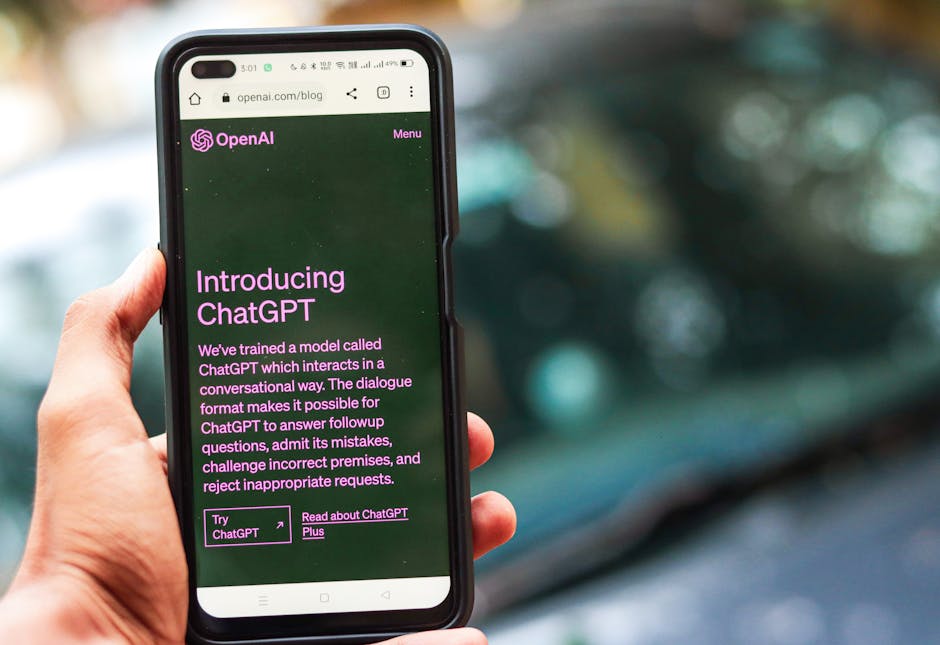MCP: The New Universal Language for Enterprise AI

Introduction to MCP and its inception
As enterprises increasingly incorporate AI into their operations, the need for a universal language to streamline and secure these integrations has become paramount. Enter the Model Control Protocol (MCP), initiated by Anthropic in November 2024. Poised to become the standard for AI interoperability, MCP enhances API functionality, providing enterprises with finer control over their data and tools. This article delves into how MCP is shaping the future of enterprise AI, its adoption by industry giants, and its benefits over traditional APIs. Readers will gain insight into why adopting MCP could be a transformative move for any tech-driven organization.
Comparison of MCP with traditional APIs
In the fast-paced world of technology, AI has become a cornerstone of enterprise operations. The introduction of the Model Control Protocol (MCP) by Anthropic marks a significant milestone in this journey. Launched in November 2024, MCP addresses the crucial need for a standardized communication protocol amongst different AI tools and platforms. By setting a universal standard, MCP simplifies the integration of diverse AI technologies, enabling smoother and more secure operations across various applications.
Key industry players adopting MCP and its implications
Traditional APIs have long been the backbone of software interactions, yet they often fall short when it comes to handling the complex demands of modern AI operations. MCP steps in as a more robust alternative, offering enhanced capabilities such as better data management and tool control. Ben Flast from MongoDB highlights that the fine-grained control provided by MCP not only boosts security but also ensures that responses are more tailored to specific enterprise needs. This level of precision is something that conventional APIs typically lack, setting MCP apart in the realm of AI integration.
How MCP Enhances API Functionality
The adoption of MCP by major tech giants such as OpenAI, Cloudflare, and Amazon Web Services signifies a major shift in enterprise AI. These industry leaders recognize the potential of MCP to facilitate more efficient and secure AI interactions. As more companies follow suit, we are likely to see MCP become the de facto standard for AI interoperability. This widespread adoption not only validates MCP’s effectiveness but also accelerates the evolution of enterprise AI, pushing the boundaries of what these technologies can achieve in a corporate setting.
The Future of MCP in Enterprise AI
MCP's ability to enhance API functionality is one of its key selling points. It provides enterprises with direct interaction capabilities with AI tools, which can be accessed from various environments like IDEs or chat interfaces. This seamless interaction ensures that enterprises can leverage AI more effectively, adapting quickly to changes and demands without needing constant API overhauls. The enhanced functionality also leads to better scalability, as MCP can handle increasing amounts of data and interactions more efficiently than traditional APIs.
